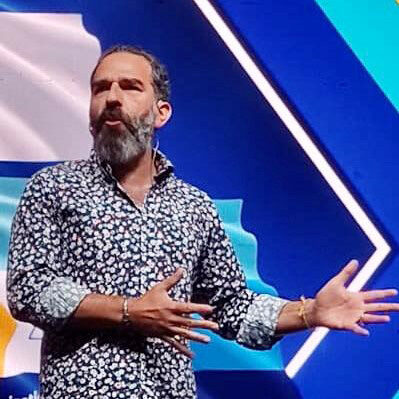
So, a kid comes back from a trip to Israel and is expected to know it all? Be an advocate? How? And why?
We have committed such a disservice to our kids, putting them on the frontline to fight for our right to exist, to carry the weight of 2,000 years of exile, when they themselves don’t even know the aleph-bet of their own existence – let alone — Israel’s?
Why should a teenager on their way to college, managing their academic work-load, a part-time job, a relationship — while simultaneously discovering their own place in this world — now take on the responsibility of defending the modern nation-state of Israel with her own set of complexities, identity crises, and growing pains? Time to take a step back, rethink our approach, recognize our mistakes and leap-frog into a new era of what was once Israel Advocacy, to be known as: drum roll………. Israel Diplomacy, through Education Diplomacy.
The problem with Israel Advocacy is that we got it all wrong. You see “advocacy”, defined by Miriam Webster, is public support for, or recommendation of, a particular cause or policy, Israel Advocacy is not in support of Israel; Israel Advocacy is in defense of a cause – in defense of Israel. This is the problem; we lost before we ever got started. Here is what we are telling our kids: Israel is under attack, yet again, our backs are to the wall, now go — give a damn — and defend Israel. Why would they? Why should they? And finally, how could they?
We’ve got it all wrong.
Education Diplomacy is a relatively new field of research and activity. Used for emerging and underdeveloped countries as a means for advocacy (in its original sense, as in support for a cause), I am convinced that educational initiatives centered on relationship building and long-path cooperation is the way to go. What is Education Diplomacy? Education Diplomacy cultivates trust to achieve mutual benefits in the pursuit of specific goals using skills, infused within an education, to communicate beyond obstacles such as differences of opinion, transcultural, religious, and political diversity.
Israel Advocacy has run its course. Let’s take the proactive form of diplomacy as an approach to educating others, an approach that could result in positive relationships and collaborations extending beyond the short-sighted approach of merely “defending Israel”. It may actually work and inspire our kids.


Yashar Koach!!